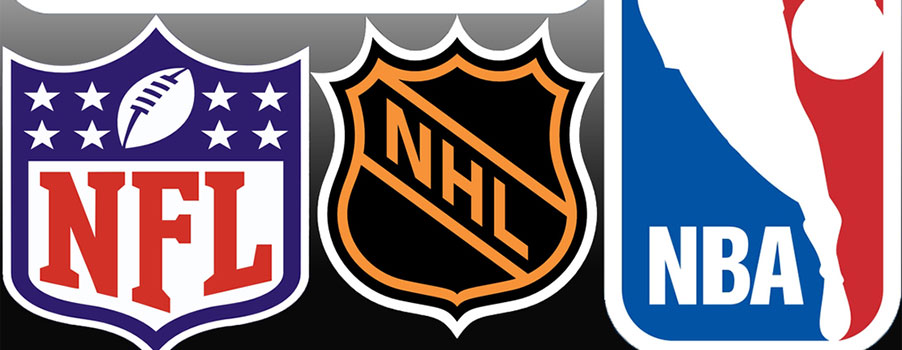It has been a week since the United States Supreme Court repealed the Professional and Amateur Sports Protection Act (PASPA) thus effectively giving states the go-ahead to liberate over their own sports regulation and rules. Still, the landmark ruling remains quite a big deal especially because the implications it comes are huge, to say the least. While it will take time for various stakeholders to adjust appropriately to this development, it is impossible to ignore the ongoing discussion pertaining to how a legalized and regulated sports betting system will affect the professional sports leagues’ businesses.
In the recent past, a number of leagues – the most recent being the NFL – through their commissioners or other high ranking officials have expressed concern about the integrity of their games being compromised due to increased legal sports betting. This has been touted by many experts as a misguided opinion. To elaborate this, Nevada is a great example of a legalized sports betting market that has thrived without any evidence of match-fixing.
Getting the Best Out of It
It is estimated that more than $150 million is illegally wagered on sports each year. On a similar note, the Nevada Gaming Control Board also recently revealed that over $4.8 billion had been wagered on sports in Nevada Sports Books. As such, the Supreme Court ruling will actually be beneficial to the professional sports leagues by taking the billions that are illegally wagered in sports and subjecting it to state regulation and the league’s oversight.
Acknowledging the fact that sports betting has always been with us is the first step towards making it work for everyone involved. By bringing it to the open, the ruling will make it easier for the leagues to monitor the games that are most likely to be fixed and the players they need to keep an eye on. This kind of oversight would be impossible in an illegal sports betting market.
Also, the ruling came at a time when most state legislatures in the United States are already in recess. This means that the professional sports leagues have plenty of time to ideally and strategically position themselves to collaborate with individual state legislation when the 2018-2019 legislative period begins. This way, they will be able to effectively assist in tailoring new sports betting laws in order to ensure that their interests are also considered as the United States enters a new era of legalized sports betting.
The relationship between professional sports and gambling has never been as mainstream as it is now. While the leagues have not been particularly welcoming to the idea of embracing sports betting, the professional sports teams have on the other hand participated in one way or the other albeit indirectly. For instance, a number of teams have willingly invested in Daily Fantasy Sports and accepted money for the use of their logo in state lotteries and in-stadium casino signage. Clearly, there is a bright future ahead for all the stakeholders, they just need to know when and how to capitalize on this new opportunity.

